Generally, the majority of people are not really concerned with the European Parliamentary elections, but the continent is living in extraordinary times today, and the parliament's composition will now have a significant impact on people's everyday lives, the foreign minister said at a campaign event in the town of Komarom in north-western Hungary.
Today, European policy makers have a major influence on whether we will live in peace or war in the period ahead,
he warned. He emphasized that European leaders have given misguided responses to the war in Ukraine, and that these measures, combined with ambiguous statements, entail the risk of the geographical and temporal expansion of the conflict.
In a wartime environment, a responsible political leader must act with the utmost caution, not only when making decisions, but also when saying anything at all. To talk of sending troops, to talk of nuclear war, is the biggest possible mistake and the biggest possible irresponsibility in a wartime climate,
he stressed. Unprecedented levels of inflation have swept across the continent as a result of the sanctions imposed by Brussels, he continued. Hungary, for example, previously spent €7 billion a year on energy, which leapt to €17 billion, or four thousand billion Hungarian forints, or five to six percent of the gross domestic product (GDP), he explained.
And if the price of energy imports goes up, the price of all products increases. And as product prices surge, inflation rises, and that's how we got to the point where instead of one or two percent inflation that we normally have, we had to face 27 percent inflation in Hungary. And it is not because we are stupid, it is not because we have messed up our economic policy, it is not because we have made three or four bad decisions, it is because of this botched response from Brussels,
he pointed out.
European leaders want no responsibility
Despite this, European leaders are not interested in a change of direction, because admitting the mistake would raise the question of responsibility, and they want to avoid this, Peter Szijjarto said at the podium discussion. Therefore they proceed following the principle of attacking is the best defense, he said, adding that they are putting us in incredible danger, because when we talk about the threat of nuclear war and world war, unfortunately this is not a rhetorical exaggeration.
In support of this, he pointed out that NATO has begun to fade out the red lines it had previously drawn about the organization not being involved in the war in Ukraine. They intend to enhance the organization's coordinating role in arms deliveries and the training of Ukrainian soldiers, and are preparing to adopt a €100 billion aid package, he said.
He went on to stress that Hungary does not want to participate in this, that this will entail a struggle in the period ahead, as NATO does not want to set a precedent for an ally to remain outside a military operation. The minister highlighted that the only way to stop all this is if Donald Trump wins the US presidential elections and the right-wing in the European Parliament is able to strengthen to the point where we can oust the current majority that has grown too comfortable and rather sluggish.
And if this were to happen, we would have good hope that the European Parliament would pursue a more reasonable, normal and rational policy, bringing some restraint to this war rhetoric,
he said, adding that all this clearly shows that changing the European political landscape is an important national interest, and therefore mobilization is needed before the elections.
As many of us as possible should go to the polls, because the situation could easily turn very dangerous. Just as we never thought that there would be war in Europe at the beginning of the 21st century, these dangers that I have talked about may seem remote at the moment, but believe me, they are practically banging on the door,
he said in conclusion.
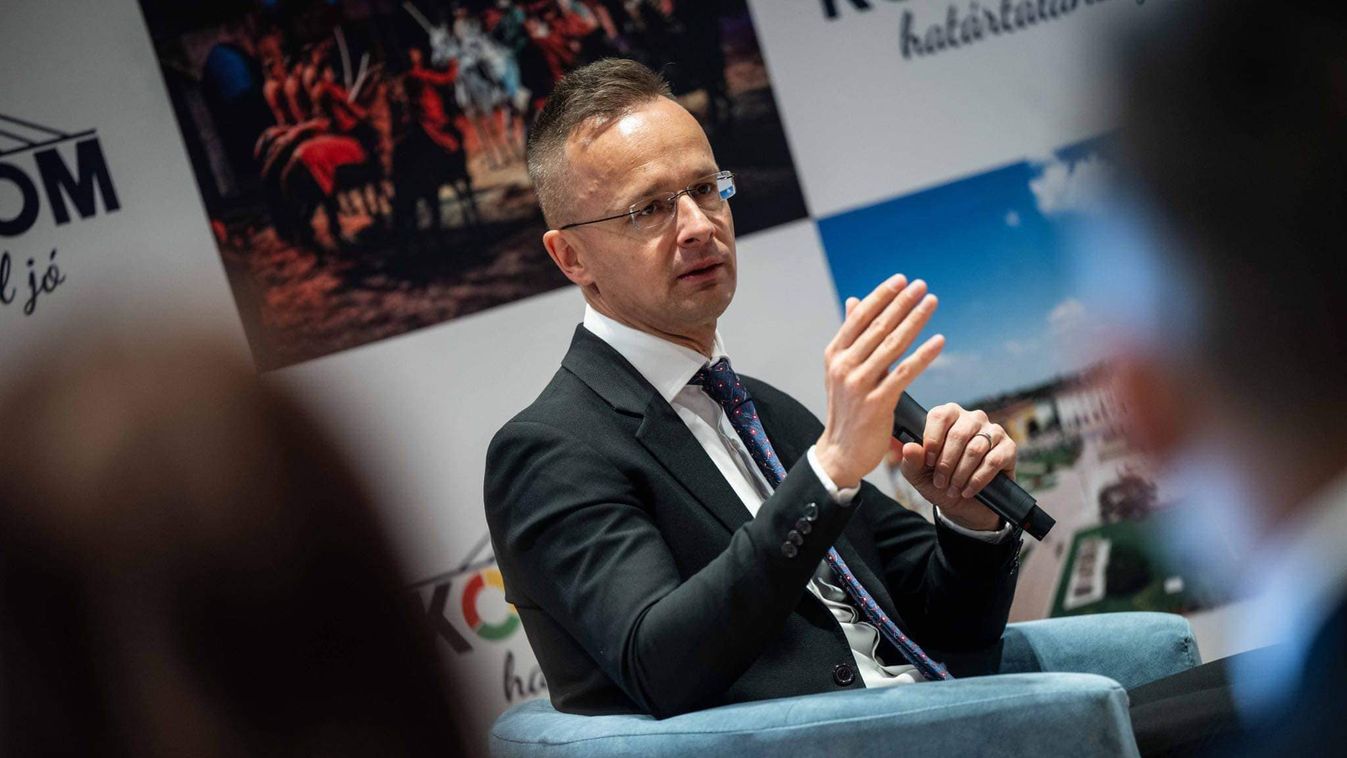
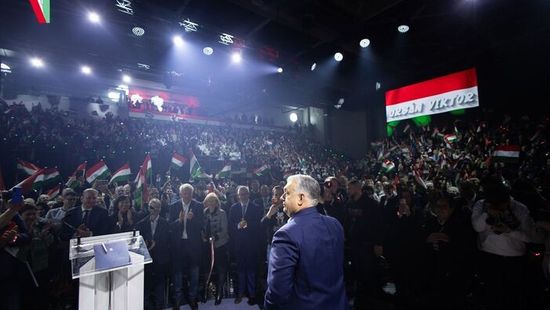
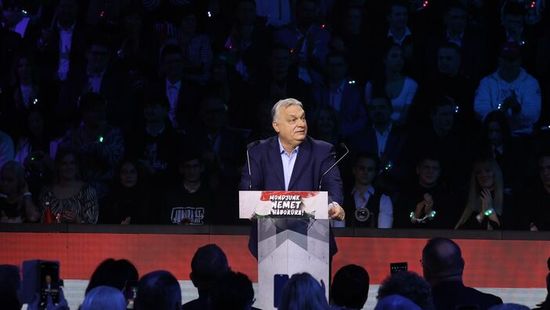
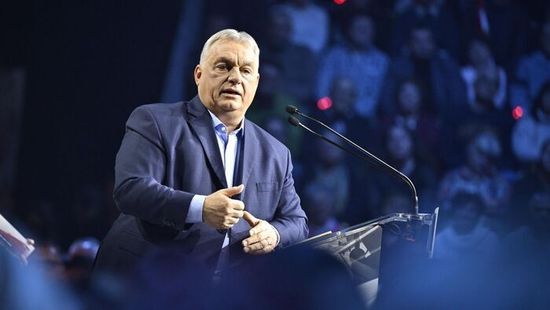
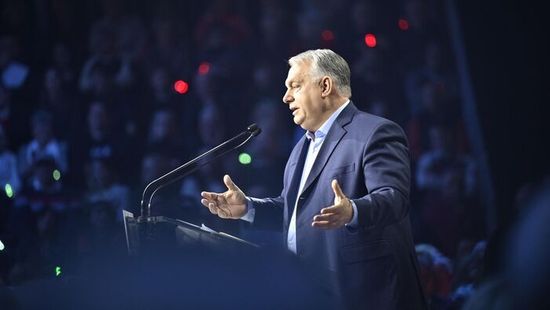



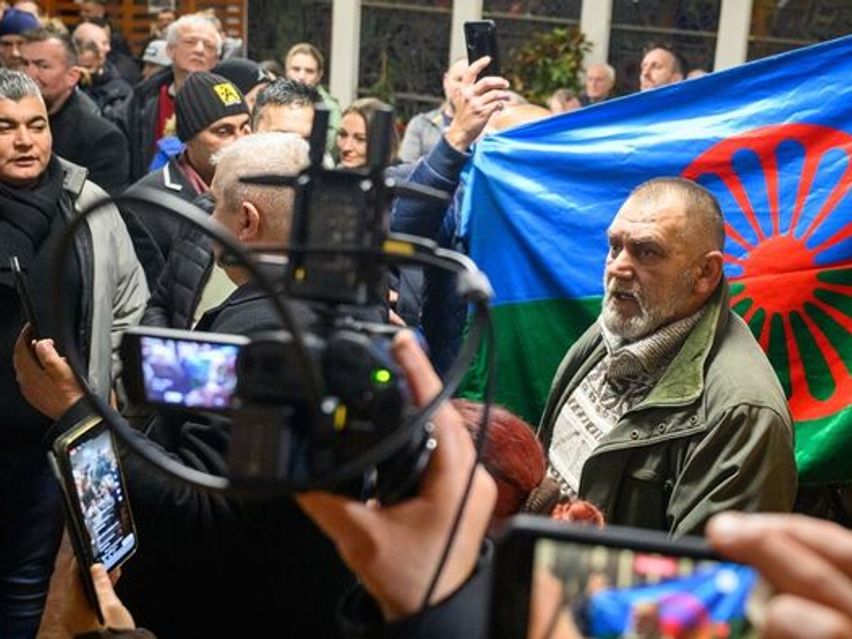
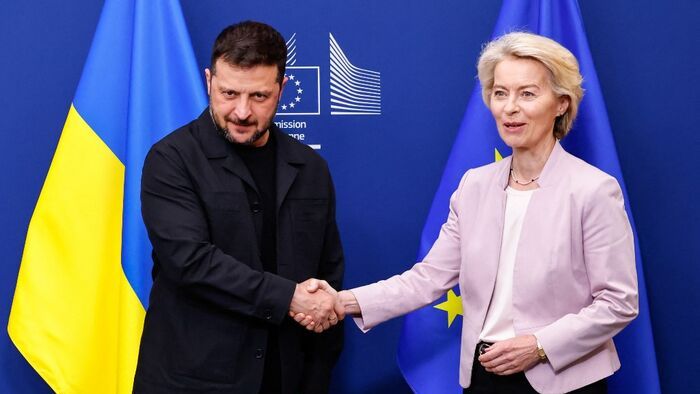

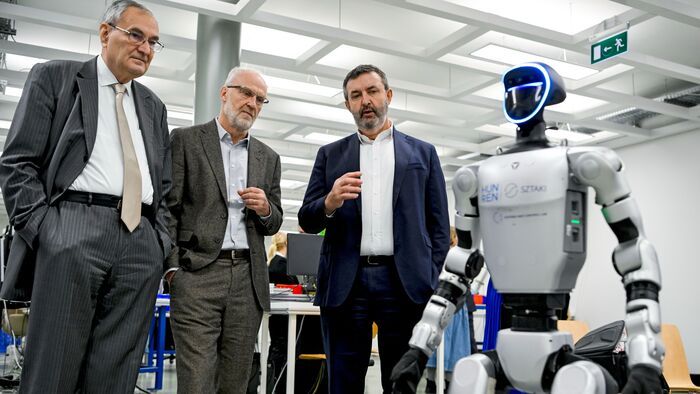
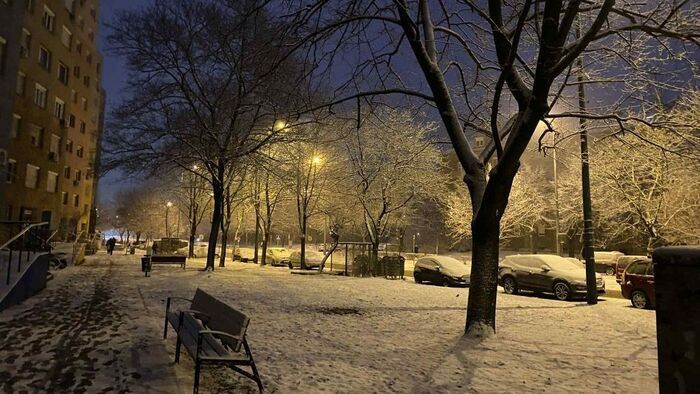
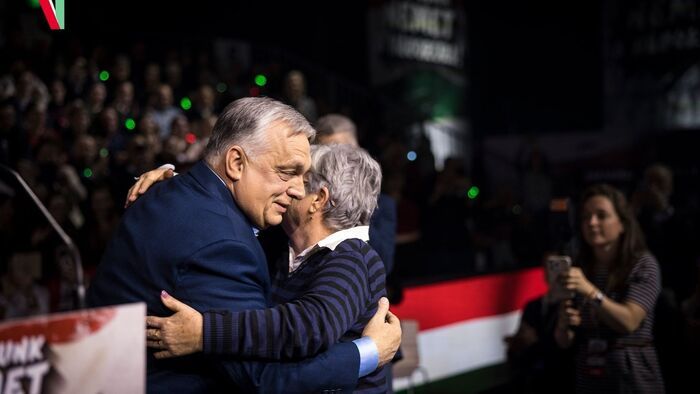
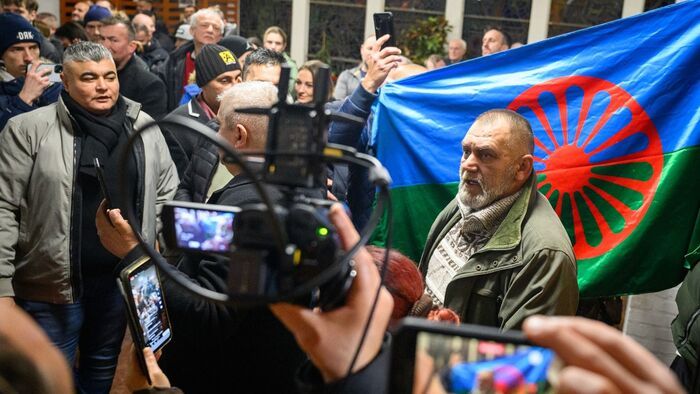
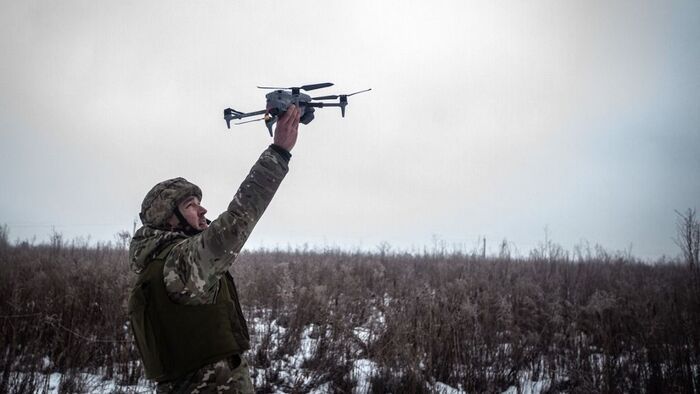
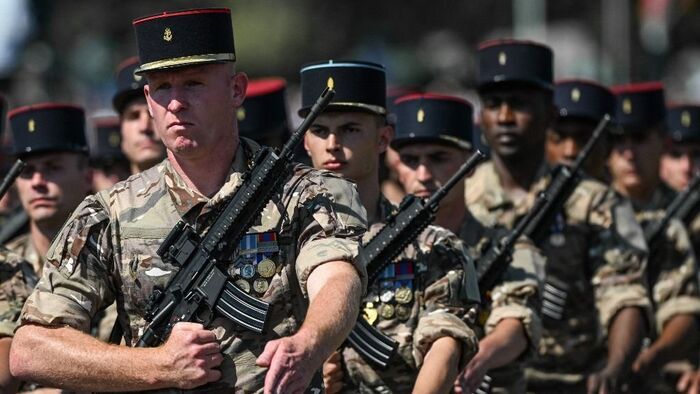



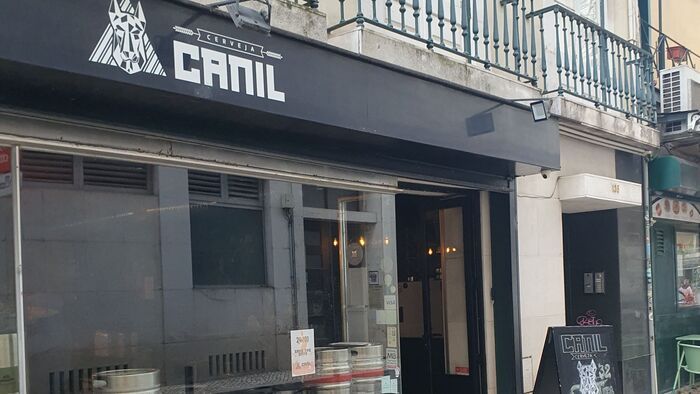
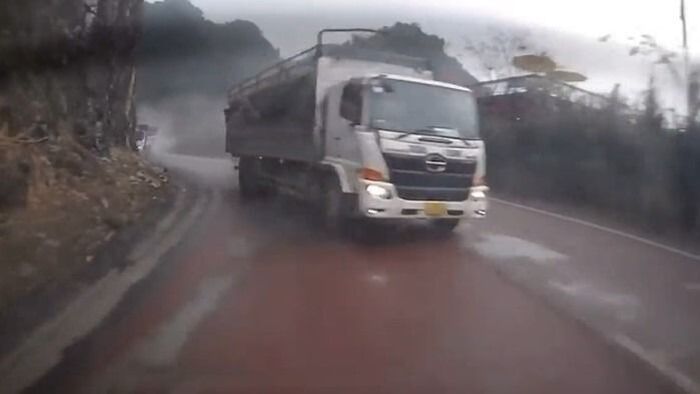

Szóljon hozzá!
Jelenleg csak a hozzászólások egy kis részét látja. Hozzászóláshoz és a további kommentek megtekintéséhez lépjen be, vagy regisztráljon!